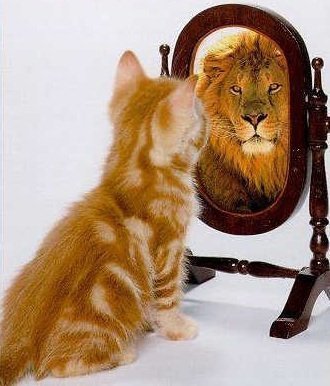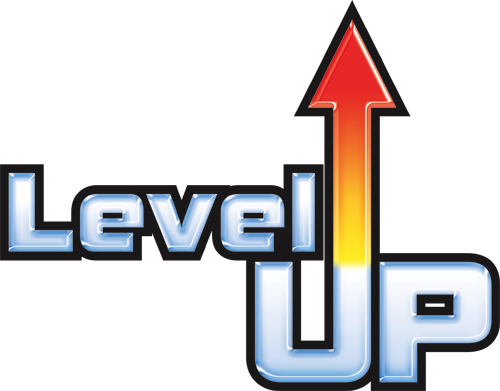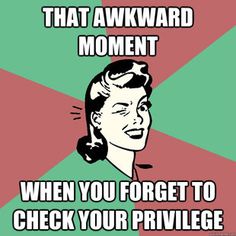
When Will My Reflection Show, Who I Am Inside?
This course has literally been life changing for me. Before taking this class I thought I knew what I wanted to do with my life. I was going to graduate (eventually) then go on to get my teaching credential and teach high school english or theatre. But then I took this class. I’ve realized through our readings and through the projects we’ve completed, that literacy studies is something that I’m really passionate about, and have been, long before I even knew what it was. So what is literacy studies? This is something I get asked so often as I try to tell people about all these great things I’m learning and as I begin to change the path I’ll be taking after graduation. We played with many different definitions of literacy in class and two that I really liked were “literacy as doing, as a social practice,” from Barton and “literacy as accomplishing things with reading and writing,” from Brandt. Brandt’s work resinated a lot with me, in her focuses in sponsor ship and opportunity. Sponsors of literacy can we good or bad, having a huge influence on a person’s pursuit of literacy. Ever since I first started going to school, I’ve wanted to be a teacher. Teachers are some of the biggest sponsors of literacies in a student’s life, and it’s important to me to find ways to be that positive sponsor, someone who allows their students to pursue the types of literacy that they’re passionate about. We talked a lot this semester after we read the Williams article. When people aren’t familiar with a certain form of literacy we automatically assume they’re dumb or inept, but maybe they haven’t had the opportunities yet. This goes for my generation looking at older generations and tech, and older generations looking at us with things like cursive and “classic” works of literature. Past generations define what literacy is, while discrediting anything the newer generations have to offer. This goes back hundreds of years, every time there’s a new generation or a new form of literacy, the old generations don’t count it as real literacy, and claim that we’re illiterate. This has always frustrated me, especially people who are so anti technology, claiming that my generation is just always on our phones, but what they don’t realize is often we’re reading articles and other literacies to keep up with things going on in the world and to learn.
Education is valued very highly in my house and it was always just kind of known that I would go to college. I’ve realized now how privileged I was to be raised in the family that I was. Two parents with masters degrees, bookshelves lining our walls, never having quite enough shelves to hold all of the books we owned, having a computer and access to educational games, and so many other things that influenced my growth and learning. I’ve always been aware that not every child has all the access that I’ve had, but I’ve never really looked at is as far as how that really influenced my education and ambitions. When students don’t have the opportunity to learn, to achieve more, then they won’t. It’s important for teachers to find ways to give every child access to technology and to books, because they may not have the opportunity at home.
Many of the things we’ve talked about in this class that has gotten me excited was the variations on traditional classroom experiences, things that remix and reshape the modern classroom. My learning style has not always matched up with the traditional ideas of learning so I’ve been excited to learn ways to change things up for my future classroom. In my book club, I learned about remixing classic works and working with students to make those works more accessible to a modern, youthful audience.
So we’ll see where this all takes me, whether that be getting a teaching credential and molding young minds, getting my masters and credential, or getting my masters and eventually pursuing a phd. All I know is that I want to keep exploring the topics of this class. I’m not done asking questions yet.





 Website:
Website: